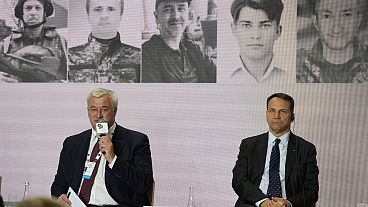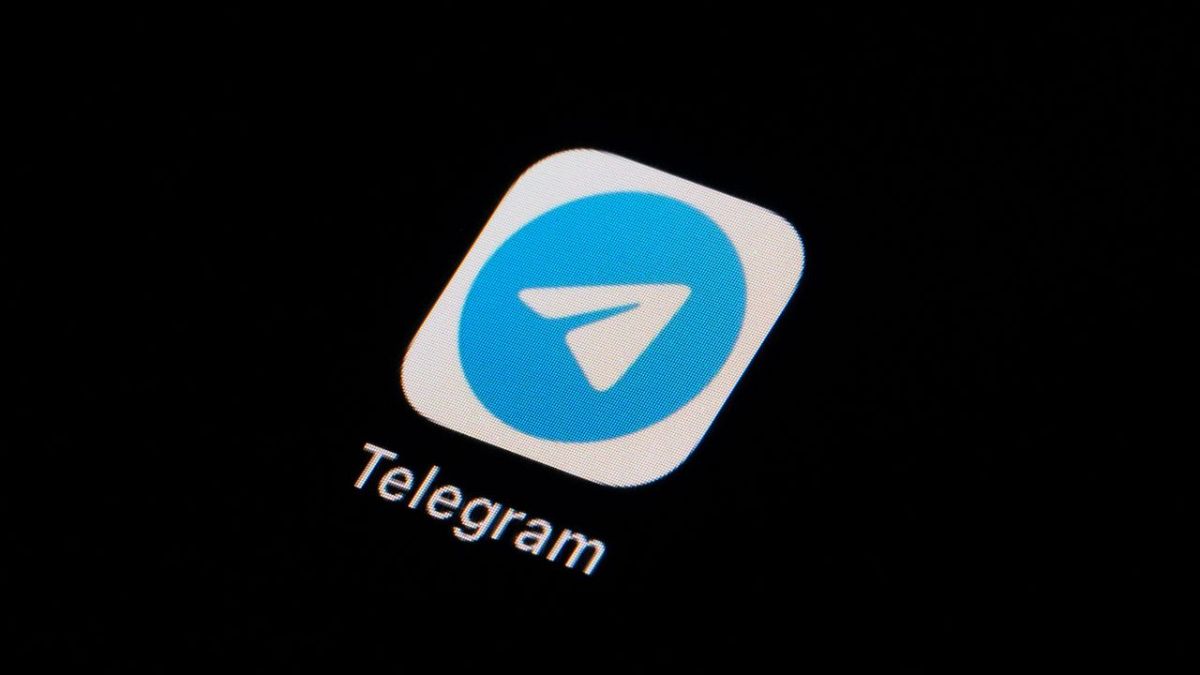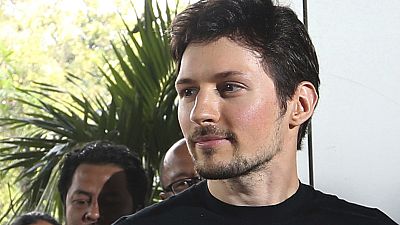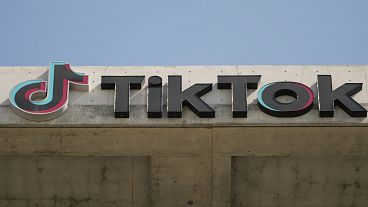Telegram’s CEO Pavel Durov was arrested and charged for how he ran his platform and in the same week, Elon Musk’s platform X was banned in Brazil.
The arrest and charging of Telegram’s CEO Pavel Durov after he stepped off his private jet in France last week, followed days later by Elon Musk’s social media platform X being blocked in Brazil marks a geopolitical first as regulators toughen up on social media and place blame on its bosses.
Both incidents could mark a new chapter for social media and its tech titans, especially in Europe.
Durov’s charges in France include 12 offences including "complicity in the organised gang distribution of images of minors of a child pornographic nature, drug trafficking, organised gang fraud" and refusal to cooperate with authorities regarding the information or documents required to carry out and operate the interceptions authorised by law.
His arrest is “not a defining moment for social media per se, but it is an important moment, for regulation of social media in Europe,” Yevgeniy Golovchenko, assistant professor with the department of political science at the University of Copenhagen, told Euronews Next.
“This is not the first time that Telegram has friction with authorities,” he added, referring to a fine by Germany after the country accused the platform of breaking its laws and facilitating hate speech.
Golovchenko said the question Durov’s case raises is to what extent European countries can implement their existing laws or not.
“We can imagine a scenario where Telegram complies but we can also imagine Durov does not comply.
“So this is why this is more than about Telegram or French legislation because legislators around Europe and around the world are probably looking at this case very closely,” he said.
In Europe, the Digital Services Act (DSA), in effect for the last six months, has some provisions that can place liability on the owners of platforms. But Telegram does not fall under the threshold of the DSA for very large platforms because it has fewer than 45 million monthly users. Telegram currently has 41 million users in Europe.
The Telegram case could see a more important role for the EU’s delegated acts, which can amend non-essential parts of legislation, said Catalina Goanta, associate professor in private law and technology at Utrecht University.
This would “make sure that there is transparency and clarity in terms of which platforms fall under, which provisions,” she told Euronews Next.
Should we expect more ‘aggressive approaches’?
Musk’s social media platform X, beyond its ban in Brazil, faces increased scrutiny in the EU.
The European Commission said in July that the platform breached the DSA’s rules over its blue tick, saying it deceives users. Musk refuted the findings.
“I think that for the European Commission, there's going to be the strategic choice of are we going to war against Twitter? Or do we just want to find a settlement that is going to be useful,” Goanta said.
Both X and Telegram have also been slammed by the UK government for fuelling the far-right August riots that incited hatred against Muslims.
“I think if we are going to assume that more aggressive approaches are going to be taken, then perhaps we can see a future of Elon Musk not being able to travel to the UK and Twitter being blocked in Europe.
“And I think that that would be undesirable on so many levels,” she said.
Separately, Musk has also repeatedly been accused of defamation comments against individuals.
This raises the question of whether a CEO should be held accountable for defamation, “or are we really speaking about someone who is inciting hatred or inciting violence?” said Goanta.
But she pointed out that Musk and Durov’s cases in the EU and France were not the same because there are different categories of criminal laws that deal with, for instance, hosting child sexual abuse material versus terrorist content.
There are also very specific cryptography laws that are unique to France.
Freedom of expression vs. illegal speech
The argument that regulators are going after freedom of expression in both Musk’s and Durov’s cases has been preached by the tech titans and their supporters.
“X is the most used news source in Brazil. It is what the people want,” Musk wrote in a post on his platform.
“Now, the tyrant de Voldemort is crushing the people’s right to free speech,” he said, referring to the Brazilian judge who launched the order to ban the platform after Musk refused to name a legal representative in Brazil in August.
The Durov and Musk cases show regulation is coming, said William Echikson, editor of the online tech policy journal Bandwidth at the Center for European Policy Analysis (CEPA).
“These big tech companies aren't little kids anymore. They're big adults,” he told Euronews Next.
He said for regulation the difficult question is how to balance free expression versus illegal speech.
“We have different answers in the United States and Europe. The tricky question is what's effective? How you effectively police this is very difficult,” he said.
In the US, the First Amendment protects the right to freedom of speech and means it is much more difficult to regulate speech than in Europe. However, Europe is also divided with different rules among countries.
“I think the line between acceptable and unacceptable when it comes to speech is very fuzzy,” Echikson said.
However, he said in democracies you can't make the platforms responsible for not preventing anything and make them liable for it, as it “could lead to censorship of the Internet like in China or Russia. But I don't think we in the West want that”.
Will anything change?
While he said Telegram is a “high profile example of bad behaviour,” he does not think we will see Elon Musk or other social media bosses getting arrested anytime soon.
What he said could change social media is that these cases are bad for business, and could deter advertisers from being “next to a toxic cesspool”.
Reddit is a prime example of this. The community site used to be full of racist and misogynistic groups, but the company began moderating and deleting these groups. This year, the 19-year-old company went to an Initial Public Offering (IPO) and ended up gaining user trust.
“I think the bottom-up way of moderating and having volunteer editors like at Wikipedia is probably a more effective model than trying to expect some regulators in Brussels to determine what's acceptable and what isn't acceptable speech,” Echikson said.
For Robin Mansell, professor of new media and the Internet at the London School of Economics and Political Science, a lot of the talk about freedom of expression by the tech titans “is about freedom of expression without responsibility”.
But she does not think that the cases will change much for social media or the tech titans in the US or Europe.
“I'm not very convinced myself that it's going to have a big impact on social media. I think the only thing that will have a big impact on these companies is the American legislatures if they decide that they want to do something with it,” she told Euronews Next.
“And I think that depends entirely on the results of the next American election. The European Union will, meanwhile, continue to make noises about their concern,” she added.















